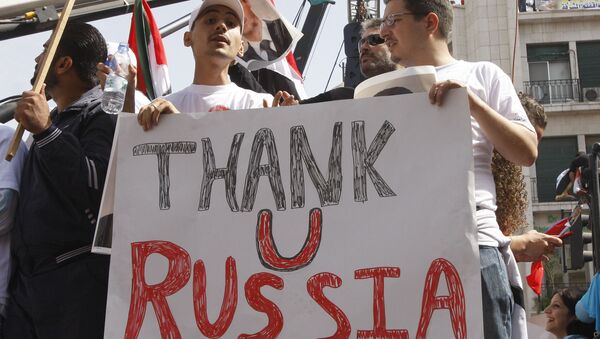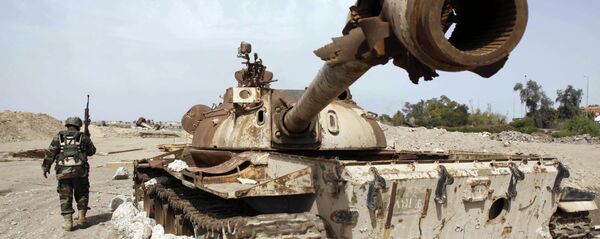“President Putin was joined by his Chinese colleague Xi Jinping during the May 9 Victory Day parade in Moscow, received heartfelt congratulations from Indian Prime Minister Narendra Modi and the defense minister of US-ally Saudi Arabia has twice been in Moscow to sign agreements even though his country wants to topple Syria’s President Assad whom Russia is trying to defend,” Matthias Schepp noted.
“Moscow says that in the past few years no one listened to what it said, but the moment it dropped a couple of bombs and fired a few missiles the West started taking it seriously,” Schepp wrote, adding that, instead of feeling shocked and intimidated by “Putin’s aggressive policy,” Germany and the EU would be best advised to think back to 1975 and the Helsinki Act, signed by Europe, the US and Canada, that prevented the Cold War from spilling over into a hot one and made Europe more secure and free.
However, since the end of the Cold War the governments have done very little to keep alive the spirit of the Helsinki accords, hence the war in Ukraine and the so-called “Russian adventurism” in Syria, the author emphasized.
A country’s or several countries’ desire to bolster their security and clout at the expense of everybody else can only diminish global security and stability, that’s why Europe needs new security and cooperation accords, a new Helsinki Act,” Matthias Schepp wrote in conclusion.



